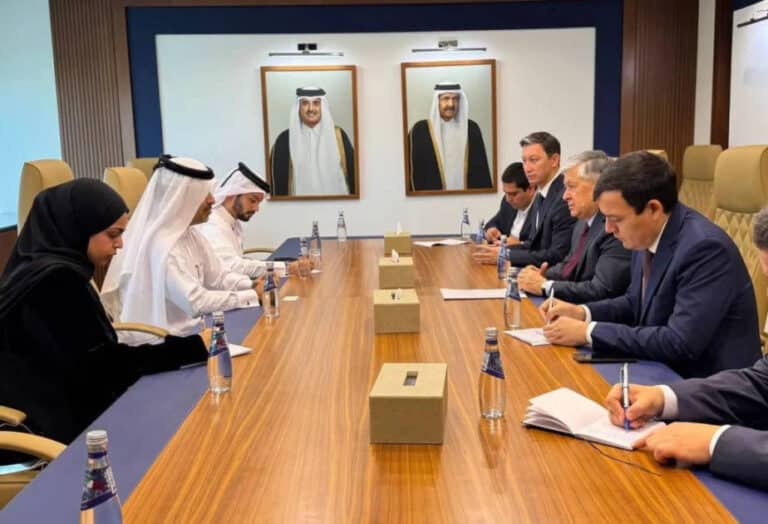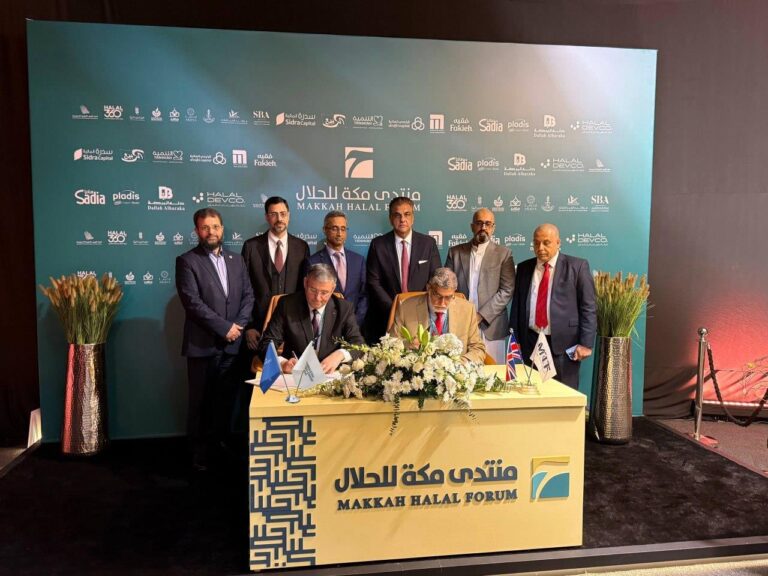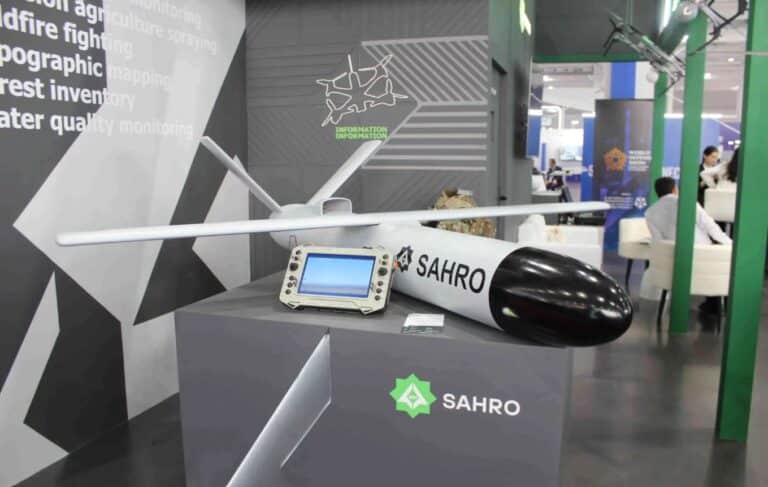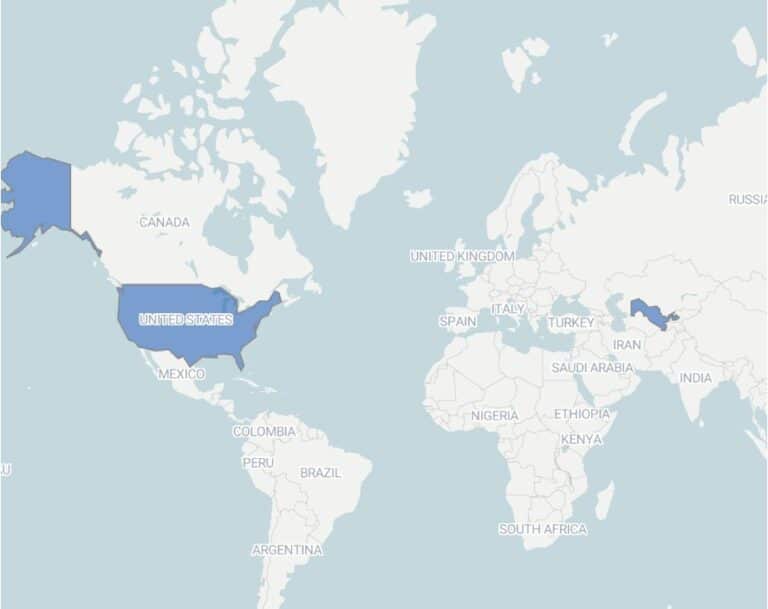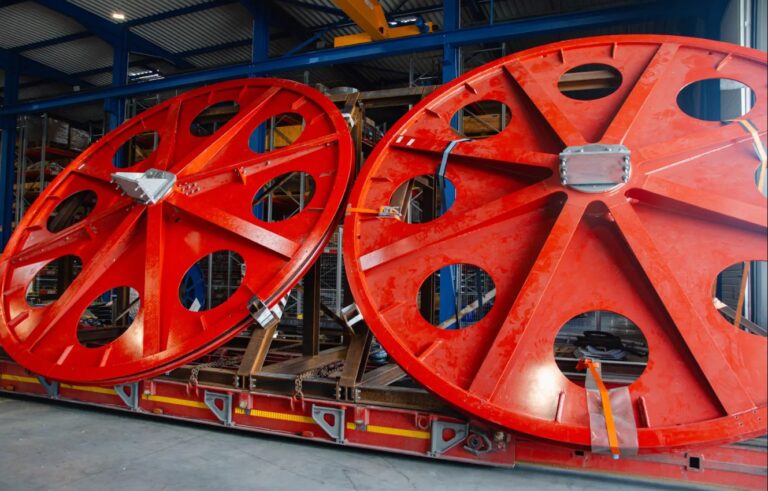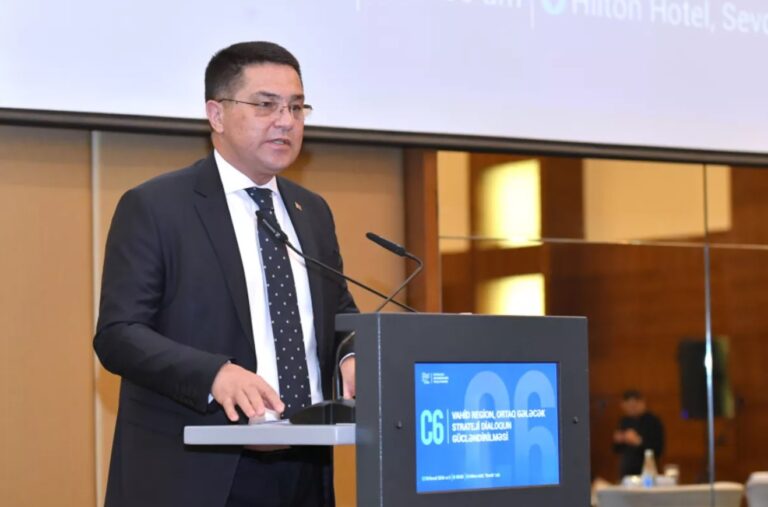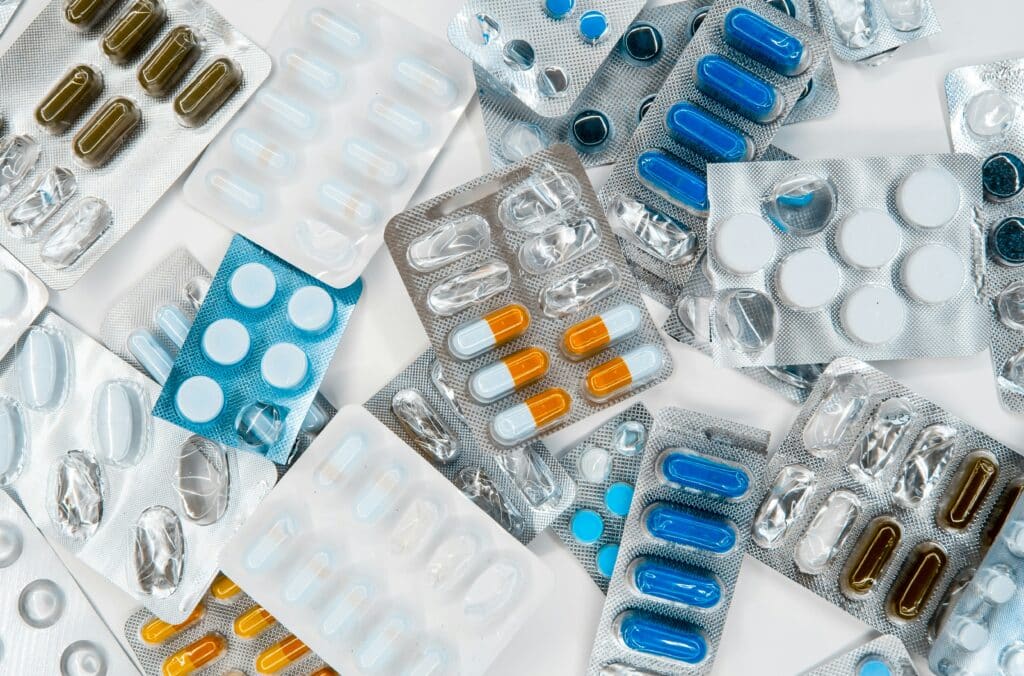
From January 1, 2026, Uzbekistan plans to reduce the average cost of 2,600 prescription medicines by 40–50%. President Shavkat Mirziyoyev reviewed new initiatives in the pharmaceutical sector and programmes supporting children with rare diseases.
All state procurement of medicines and medical devices will be conducted through a new electronic platform, farma.xarid.uz, designed to prevent low-quality products and corruption. Only companies with international GMP, ISO:13485 and GDP certifications will be eligible to participate in tenders. The system will provide open information about state purchases, certified producers, and distributors, and automatically ensure procurement prices do not exceed the set reference levels.
Expanded Support for Children with Rare Diseases
The presentation also introduced a 2026–2030 programme to provide medical and social support to children with rare and inherited genetic conditions. Under this plan, the number of conditions covered by state-funded treatment will rise from five to ten, and the age limit for eligibility will increase from 18 to 21 years. The programme is expected to cost 961 bn UZS ($80.2 mln) between 2026 and 2030. The president has signed a decree approving its implementation.
By January 1, 2026, a separate platform will be established to monitor the needs of state medical institutions for medicines and equipment, as well as to manage existing stock. A new procedure for registering medicines and medical devices has also been introduced, allowing accelerated registration for drugs produced through technology transfer, where foreign companies manufacture products at local facilities. Additionally, measures are being introduced to incorporate biotechnological cell-based therapies into medical practice to help repair damaged tissues and organs.
President Mirziyoyev approved these reforms and instructed that by the end of 2025, 32 investment projects worth $166 mln should be fully implemented, 1,500 jobs created, and medicine prices reduced.



